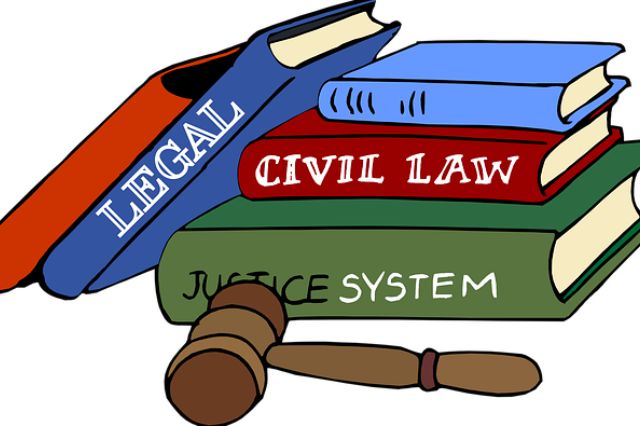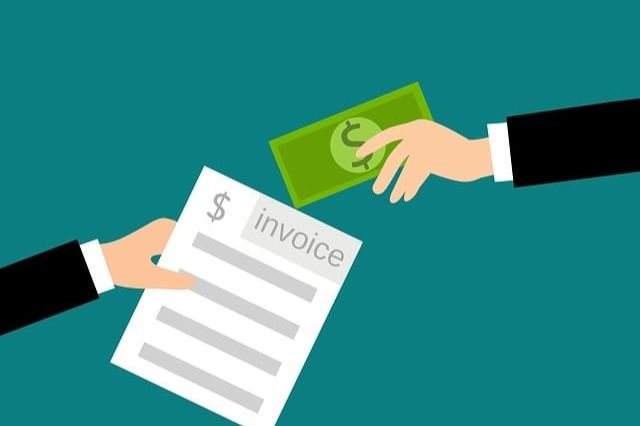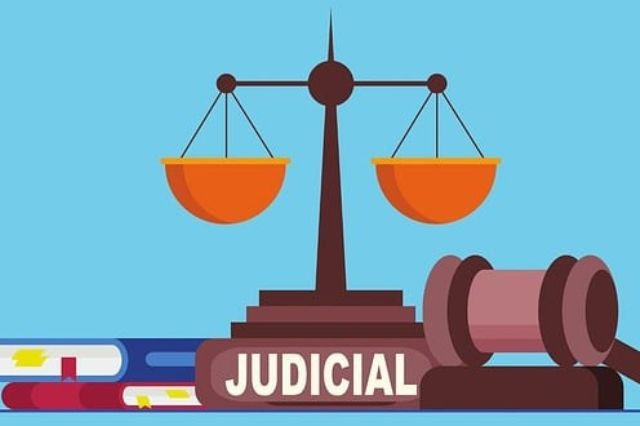The court system or a federal/state agency notifies business leaders when a staff member’s wages need to be garnished or deducted to repay outstanding debt. Becoming familiar with the obligations as an employer is essential to ensure adequate compliance. Otherwise, there can be resultant penalties and fines.
What Is Wage Garnishment

A wage garnishment is typically initiated via a court order instructing that the employer deduct a portion of an employee’s payroll for debt repayment. The documentation, along with directions for challenging the order, is sent to the staff member as well.
When the business leader receives an order to withhold a percentage of a staff member’s compensation, they are legally obligated to follow the guidelines and direct the withheld funds to a designated creditor.
Please visit besterefinansiering.no/lønnstrekk/ for an in-depth explanation of payroll deductions.
While most payroll deductions are employee-directed, some are obligatory, like federal and state taxes. However, if a staff member becomes delinquent on financial obligations, including consumer loans or credit cards, creditors can legally pursue court-ordered payroll deductions.
The employer will receive documentation ordering the wage garnishment and will then have to withhold a percentage of the employee’s payroll until the debt is satisfied.
Many variables contribute to calculating the percentage withheld, including the debt balance, total earnings, the default duration, and the employee’s disposable income.
Can Wage Garnishments Be Stopped

You may struggle to maintain your financial obligations to the point where the court instructs your employer to deduct money from your payroll to recover outstanding debt.
However, if your income is already stretching to pay even standard monthly obligations, a wage garnishment could put you in financial distress. Fortunately, before the payroll deductions can make your situation worse, you can follow a few steps to try to stop the process.
Repay the debt
Ideally, before a creditor reaches the point of a lawsuit, you’ll want to try to work with them to negotiate a settlement or payments that you can comfortably afford. It’s in your best interest to answer their calls and respond to their messages in an effort to avoid getting to the stage of having your wage attached.
Once the lawsuit is filed, the primary objective is to get the debt repaid before the deductions start. Considering your financial situation is less than favorable, it will take a concerted effort to find the funds to eliminate the debt. Many people choose to avoid speaking with close friends and family for a loan.
However, tough times sometimes warrant help that you might not otherwise consider. You can also attempt to get a consolidation loan to combine that debt with other bills you might be struggling with. It won’t eliminate debt but will give you a “start over.”
Negotiating with the creditor

Once a creditor is given court-ordered, guaranteed debt repayment, it will be more difficult to persuade them to negotiate a settlement. Likely, by this time, the law firm or debt collector is handling the balance instead of the original creditor. The firm or agency will have purchased the debt for “pennies on the dollar.”
Because of this, you might have some negotiating power despite the lawsuit in the court system. Nothing beats a failure but a try—you have every opportunity to reach some resolve with the creditor that won’t involve payroll deductions.
You can determine a lump sum amount you’ll be comfortable paying to satisfy the debt or discuss an alternate payment plan focusing on what you can afford to pay consistently.
You can seek legal counsel to help you with negotiations or consult with a credit counselor to guide you through the process. Click here to learn if a debt collector can garnish your wages.
Challenge the deductions
When the court system issues a judgment, you will receive documentation disclosing the order along with instructions on challenging the wage garnishment. Typically, you’re only given a brief time frame to file an exemption claim, making it essential to work quickly.
If you’ve received documents pertaining to a debt that doesn’t belong to you or for an incorrect amount, it will be within your right to immediately challenge the garnishment. If you believe the order is invalid, you can also make this claim.
The exemption claim process
As the debtor being sued for outstanding debt, you have a few ways to try to stop a wage garnishment. By claiming your income, or at least a portion of it is exempt from the garnishment, you could possibly eliminate the deductions or reduce the order.
When your income is already the subject of another court order with resultant deductions, it can reduce the effects of new deductions. Certain types of income are exempt from being attached. These include Social Security, disability income, retirement, child support, and alimony.
When filing a claim, you have the chance to provide details explaining how garnishment will affect your capacity to provide for your family and cover standard obligations.
Consider bankruptcy

If you’re in financial distress with bankruptcy being your only resolve, the filing will also stop existing payroll deduction activities.
You could enter into a modified payment plan that works with your current financial circumstances, or you can liquidate some of your assets to repay a portion and have the rest of the debt discharged.
When considering bankruptcy as an alternative, consulting with a bankruptcy attorney first will give you the details you need to make an informed decision as to whether the option is right for you.
Final Thought
When a creditor pursues legal action to have your wages garnished in an effort to recoup outstanding debt, your credit score will suffer considerable damage from missed payments and the court order.
While the priority is handling the existing debt and working through the garnishment, it’s important to make a plan for rebuilding once the primary concerns have been settled.
Rebuilding takes time and effort, so making it a priority is essential to accomplishing your financial goals sooner and moving forward with an improved status.
